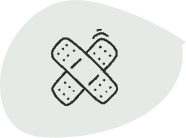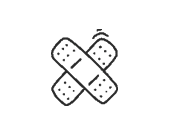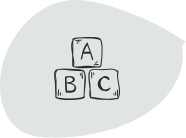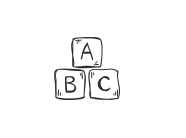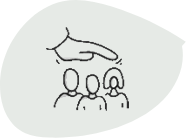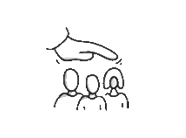The other challenge in playground accident cases is determining who should be held liable for your child’s injuries. To some extent, this will depend on the cause of the accident, but will more often depend on who owns the playground.
If the playground is located on private property, then you will need to determine who owns it. In many ways, these cases are more straightforward than others. Once you determine who owns the property, you can then pursue the claim with the owner’s insurance. Private property owners can include not only private individuals but also the following entities:
- Churches
- Restaurants
- Daycare facilities
- Private schools
- Non-profit organizations
- Apartment complexes
- Homeowners and condominium associations
If the accident occurred on a public playground, such as in a public park or at a public school, then your case will be more complicated than if the playground was privately owned. When the accident occurs on public property, you can’t proceed straight to litigation. You will likely have to file advance notice within a specific time frame. If your child has been injured on public property, it’s best if you contact an Atlanta child accident lawyer to help you navigate the process.
Liability may be determined based on other factors than who owns the property where the playground is located. If the accident was caused by defective playground equipment or a failure to provide adequate supervision, for example, the person or entity liable for your child’s injuries may be different from the one who owns the property.
Atlanta Child Accident Lawyer Explains that More Than One Party May Be Liable in a Playground Accident Lawsuit
It’s quite common that there is more than one party at fault in a playground accident case. For example, the playground may be in need of significant repairs, but a summer camp counselor failed to provide sufficient supervision. Assuming that the summer camp is owned and operated by a separate entity from the property owner, the owner of the playground and the summer camp may both be liable for any injuries that occur.
Alternatively, a climbing structure may have been poorly designed and therefore inherently unsafe, but it was also incorrectly installed by the park authority. In that case, the parents of an injured child could pursue both the park authority and the manufacturer of the playground equipment.
These cases can be very complicated. There may be multiple corporate entities involved, each of which is likely to deny responsibility. As mentioned above, there may be special laws that apply if you need to sue a government entity such as the school system or the park authority. You could jeopardize your claim and lose your rights if you sue the wrong entity or go about it the wrong way. As a result, you may want to at least talk to an Atlanta child accident lawyer before you decide how to proceed.



